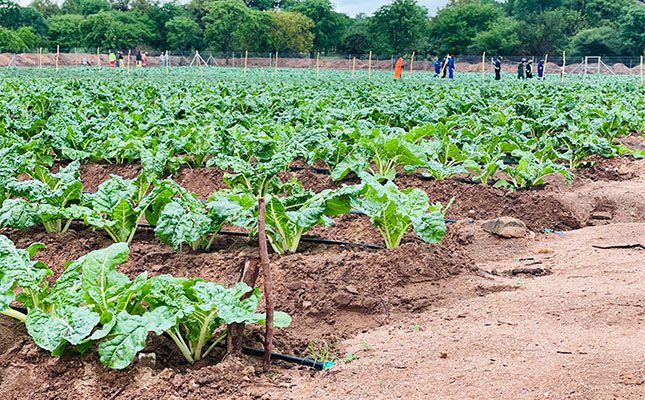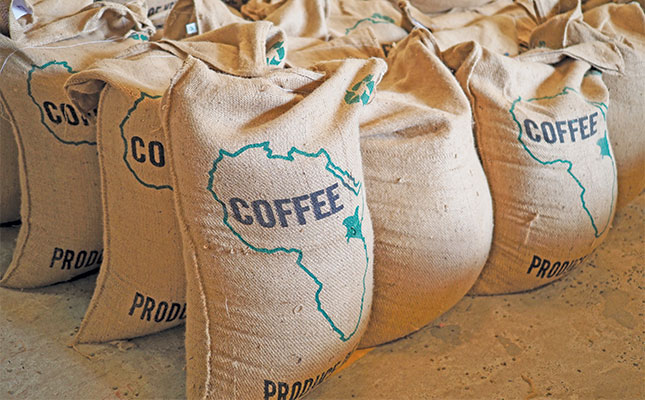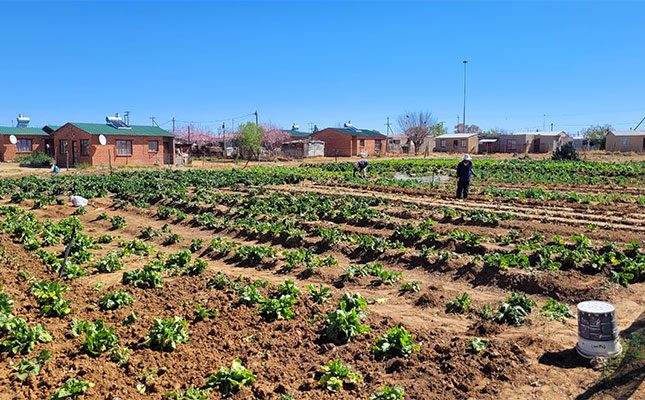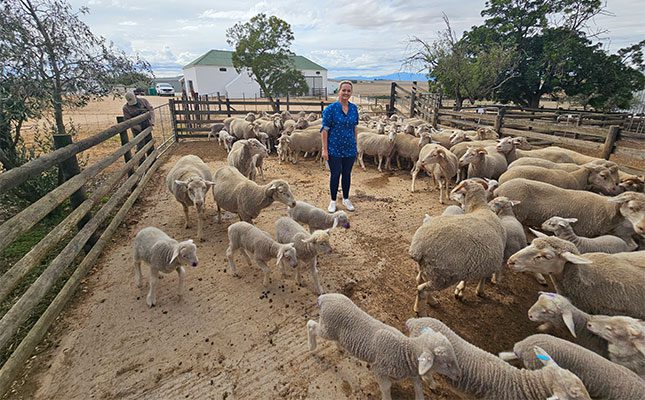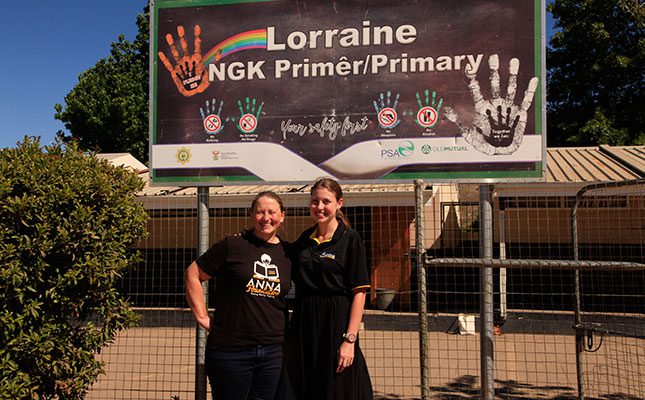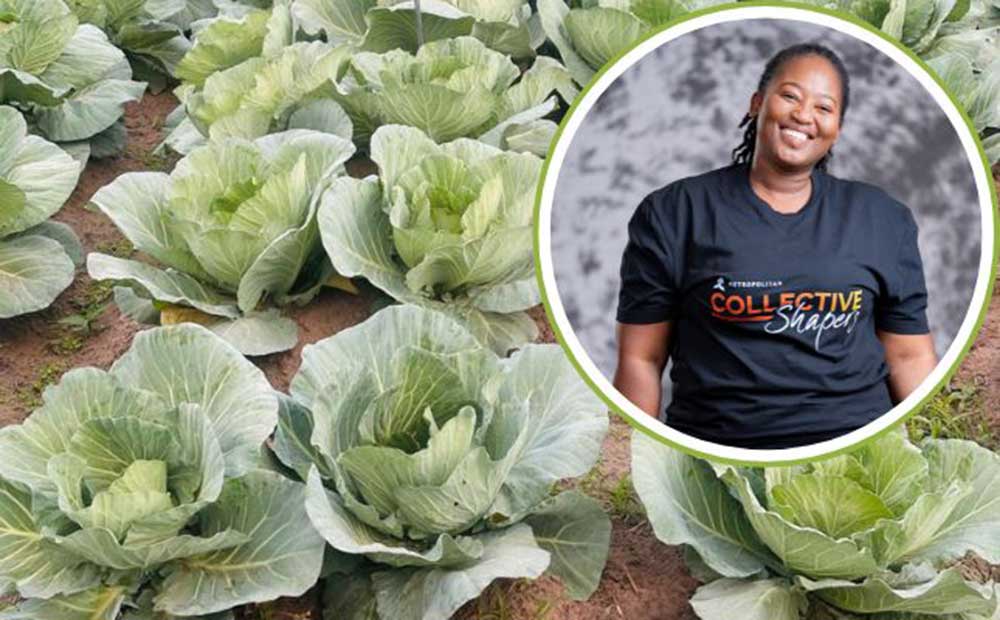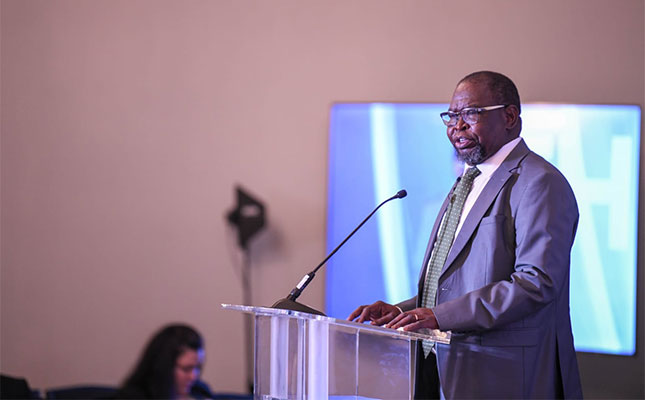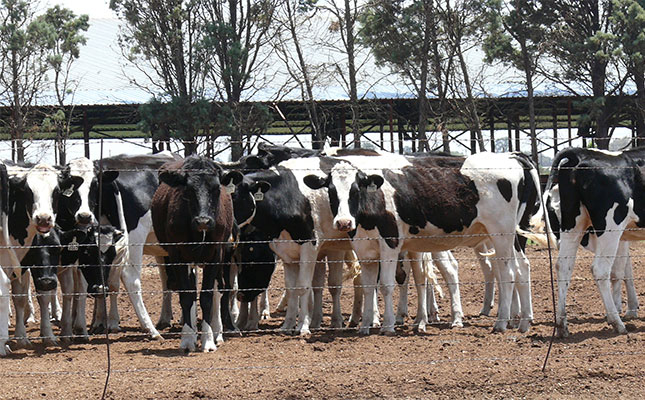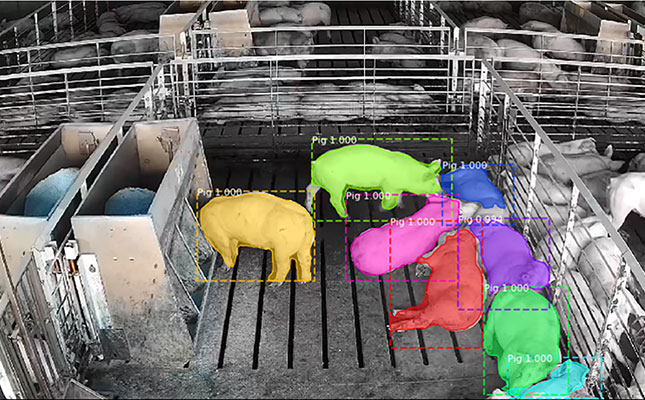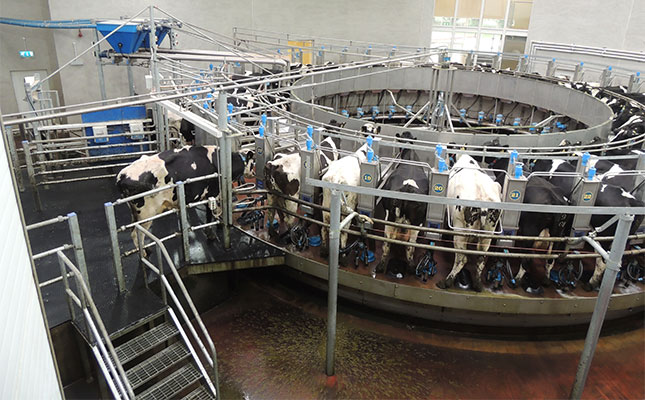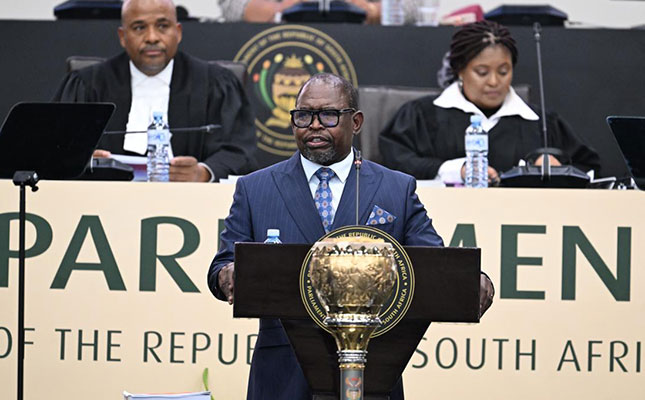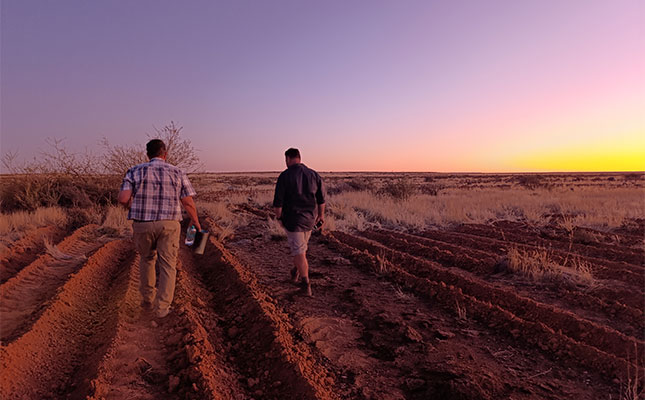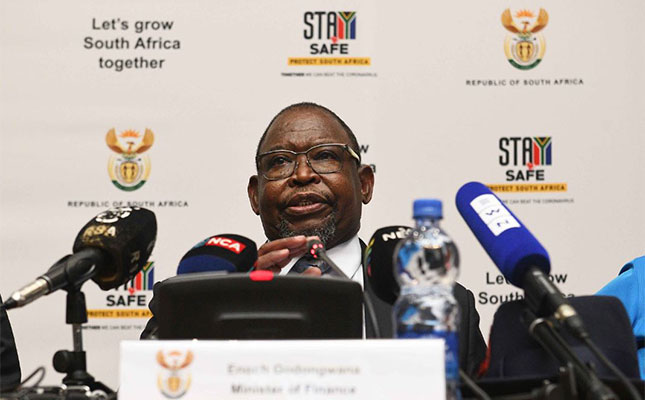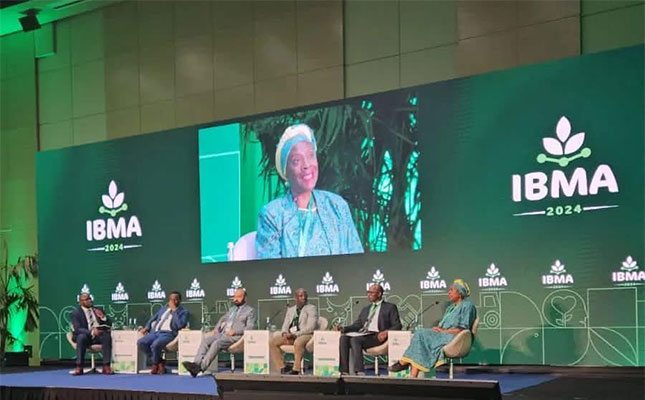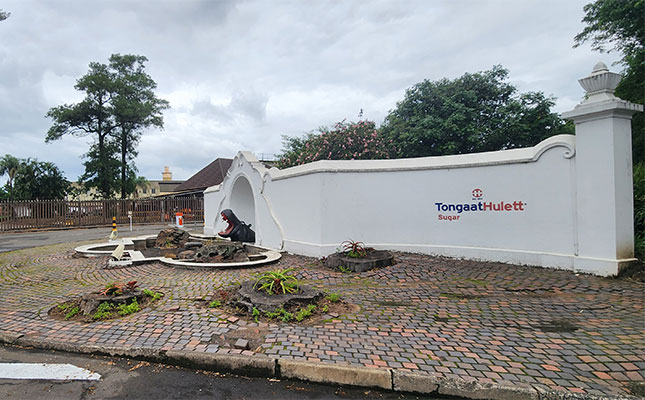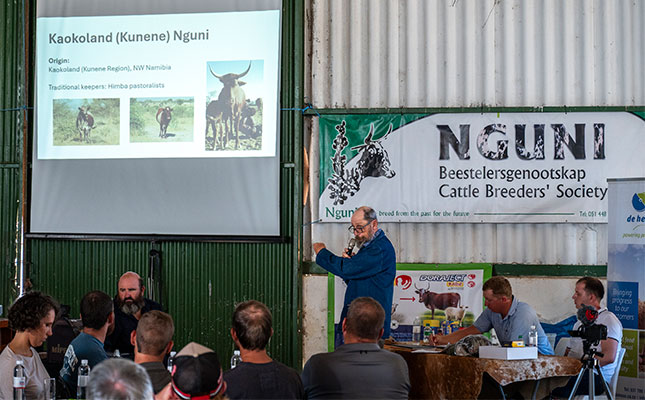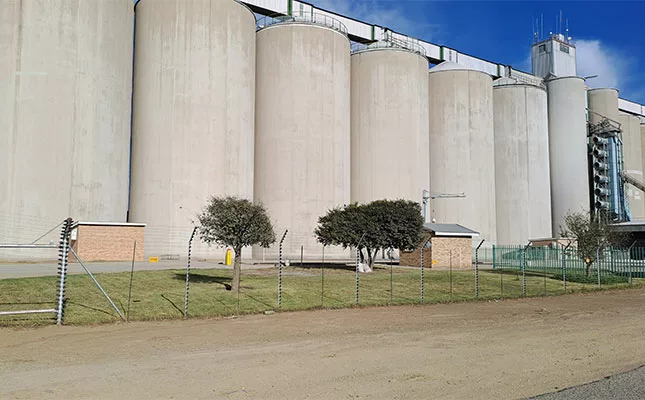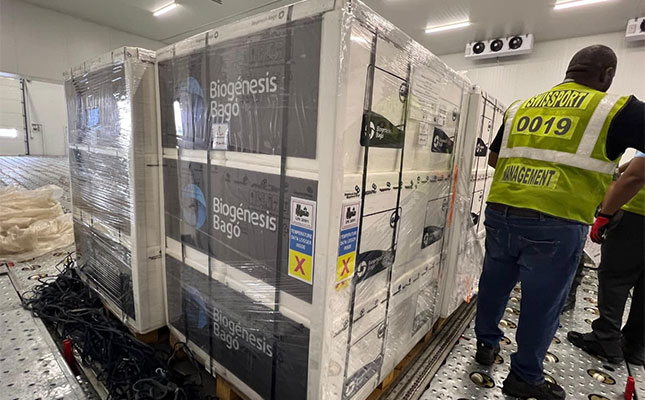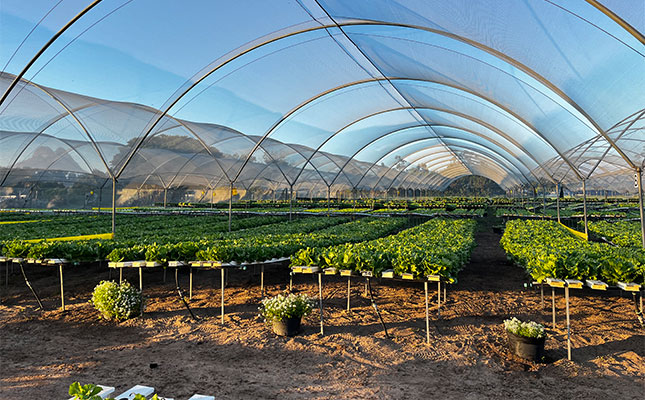
The Eastern Cape Rural Development Agency (ECRDA) was established in 2012 through the merger of two existing public entities: the Eastern Cape Rural Finance Corporation and AsgiSA-Eastern Cape. This amalgamation was a strategic move to create a more comprehensive and integrated approach to rural development in the province.
The ECRDA’s establishment is rooted in the Eastern Cape Rural Finance Corporation Act (No. 9 of 1999). Its primary focus is to formulate, promote, and ensure the implementation of a comprehensive integrated rural development strategy for the province. The agency aims to drive and coordinate high-impact programmes that uplift rural communities.
Speaking to Farmer’s Weekly, Simpiwe Somdyala, CEO of the ECRDA, said national government specifically mandated the agency to focus on rural agriculture.
“The Eastern Cape is a net importer of everything we consume; we simply don’t produce enough to meet our own demand. The particular initiatives and programmes we have put in place focus on [improving] market access for farmers and establishing food aggregation centres linked to government procurement, retailers, and exporters,” he said.
This is a unique problem, as the Eastern Cape has the potential to be one of, if not the biggest, producers in the country.
“We also have infrastructure, logistics, and capacity challenges in the province, which further hampers our efforts,” Somdyala said. “We do not have a strong rural commercial agriculture sector.”
Government procurement is of particular interest to the ECRDA, as government procures many commodities. However, Somdyala explained that rural farmers were currently unable to produce at scale to meet the volume and quality government required.
The way forward
Somdyala said private-sector involvement was important in the formation of aggregation centres.
“We aim to form strategic partnerships with the private sector, which can offer support through funding and practical support,” he explained.
With input costs and capital investment being some of the major challenges rural farmers face, access to finance is crucial for their development.
“One of the most important aspects of rural farmer support is derisking them so they can access funding, which is something we also hope to achieve with the help of the private sector,” Somdyala added.
He said the ECRDA had already identified key commodities as its focus areas for development.
“Our top priority is grain because it is a staple food, with maize meal being consumed by millions of people across the country. Grain is also used in animal feed,” he said.
Potatoes are also on the ECRDA’s list of key commodities.
“We noticed there is a shortage of potatoes in the country. So, by working with Potatoes SA and other industry bodies, we hope to triple the volume of potatoes produced in the Eastern Cape over the next three years,” Somdyala explained.
Butternut, which is not currently produced in the province, is also on the list of key commodities, while the agency hopes to expand bean production.
“We have a variety of cash crops required by markets on the list. These crops are linked to areas in the Eastern Cape where we have a comparative advantage in terms of climate and resources over other production regions,” he said.
Livestock is on the list too. “The demand for poultry is particularly high, but the cost of production is a challenge. Therefore, we are looking at ways to help poultry farmers.”
But the ECRDA doesn’t only focus on primary agriculture; it is also looking at other challenges along the value chain.
“Logistics, getting the product to market, has been identified as a key weakness. We are working with partners in this regard and aim to improve cold storage,” Somdyala said.
With so much untapped agricultural potential, the ECRDA’s ultimate aim is to make the Eastern Cape more attractive to investors, he emphasised. While the ECRDA does not have any programmes for women in agriculture, Somdyala said the agency aimed to promote women and youth in the sector.
For example, over the next five years, its goal was to dedicate 60% of all funding and support to women in agriculture.
“I’ve seen over the years how women involved in agriculture have improved productivity on farms. Even women employed as farm managers are making a difference, with productivity levels in these cases clearly improving.”
He said that opportunities were being lost by not being deliberate in supporting women in the sector.
Overall, he said he believed that with intervention, agriculture would grow in the Eastern Cape. “The Eastern Cape is one of the most underdeveloped parts of country, and more and more private-sector companies are coming here to invest.
“If we can sort out the infrastructure and land tenure issues, and support rural entrepreneurs, I’m confident the Eastern Cape will be able to triple production over the next 10 years.”
For more information visit ecrda.co.za.

